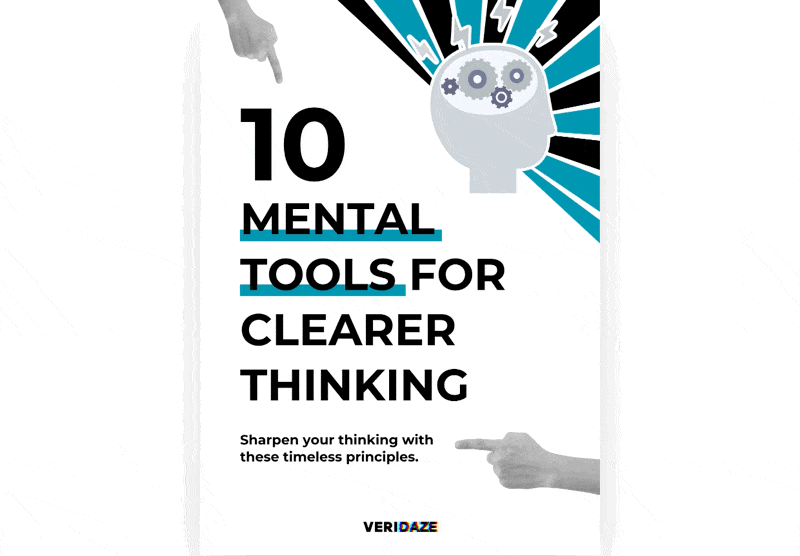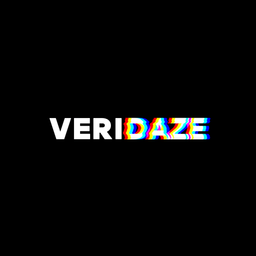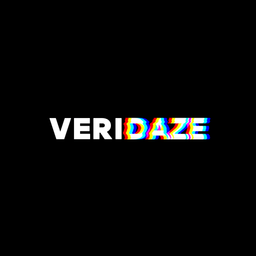Most people don’t consciously give up their judgment — they just stop noticing when it’s being done for them. A swipe here, a headline there, a dozen takes before breakfast. The modern information stream isn’t just noisy — it’s curated to feel conclusive. Polished, urgent, emotionally loaded. Certainty becomes the product. And the cost is thinking.
In this climate, critical thinking isn’t some niche mental skill — it’s a moral responsibility. A refusal to nod along. A way of staying honest in a culture that rewards performance over truth. It is a duty, ethical as much as intellectual.
Because what’s the alternative? To let others think for you. To parrot received wisdom. To allow sentiment or ideology to bypass scrutiny simply because it flatters your tribe. But history is not kind to those who surrender their judgment. In every era, from totalitarianism to theocracies to viral disinformation, the abdication of thought has paved the way for cruelty, corruption, and catastrophe.
Critical thinking isn’t about being smarter or playing devil’s advocate. It’s about recognising complexity, resisting convenience, and being willing to confront uncomfortable truths — even when they make you doubt your allies or your instincts. It’s a habit of mind, but also a form of responsibility: to yourself, to the truth, and to the society you help shape through what you believe and share.
Think better. Get the FREE guide.
Join Veridaze and get 10 Mental Tools for Clearer Thinking — a free guide to cutting through noise, confusion, and nonsense.
And that responsibility begins with refusal. A refusal to be spoon-fed opinions. A refusal to confuse emotion with argument. A refusal to grant unearned authority to anyone, no matter how credentialed, charismatic, or politically aligned.
This doesn’t mean adopting blanket scepticism. Mistrusting everything is just credulity in reverse. But it does mean holding every claim — even the ones you want to believe — up to the light. Asking: who benefits? What’s the evidence? What am I not being told?
That’s harder than it sounds. We are not wired for nuance. We crave clarity. We reward confirmation. We treat doubt as weakness and conviction as strength, even when that conviction is built on sand. The digital world accelerates all of this — rewarding outrage, simplifying complexity, and reducing thought to signal.
But moral clarity can’t be found through slogans or sentiment. It requires something slower and more uncomfortable: discernment. The kind of discernment that asks not just what do I believe? but why do I believe it? And am I willing to change if the facts demand it?
That’s not easy. It takes humility to admit when we’re wrong. It takes restraint to resist the crowd. And it takes courage to think clearly when those around you are shouting in chorus. But the moral duty remains. Because in every tweet, every vote, every belief we pass along, we are shaping reality for others, not just for ourselves.
In this sense, critical thinking is a kind of superpower. But more than that, it’s a form of moral hygiene. It protects us from infection, not just by falsehood, but by the seductive certainty of groupthink, fear, and righteous ignorance. In a world that increasingly rewards noise and punishes doubt, thinking critically is one of the last remaining acts of intellectual integrity.
And in that, there is hope. Not the kind sold in slogans or stories, but the real kind: grounded, uncertain, and earned — one clear thought at a time.
Further Reading
Thinking, Fast and Slow by Daniel Kahneman
A fascinating dive into the systems of thought that shape decisions and where we often go wrong.
The Demon-Haunted World by Carl Sagan
A compelling defence of science and scepticism in the face of pseudoscience and misinformation.
Bad Science by Ben Goldacre
This witty critique of flawed research and media misrepresentation will forever change how you view “scientific” claims.
Mistakes Were Made (But Not by Me) by Carol Tavris and Elliot Aronson
A deep dive into cognitive dissonance and how we double down on bad ideas—and how to break the cycle.
The Art of Thinking Clearly by Rolf Dobelli
A collection of bite-sized insights into common cognitive biases and mental traps.
If you found this useful, consider subscribing for more thought-provoking essays. And feel free to share your take in the comments below.
You may also enjoy:






